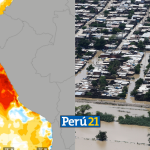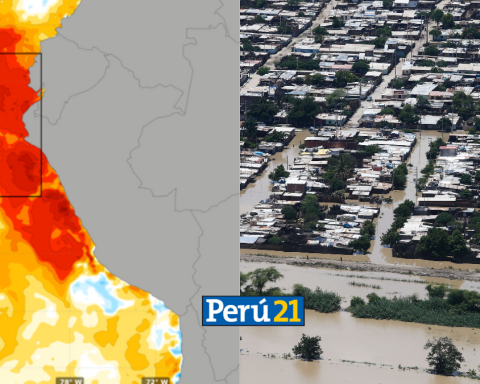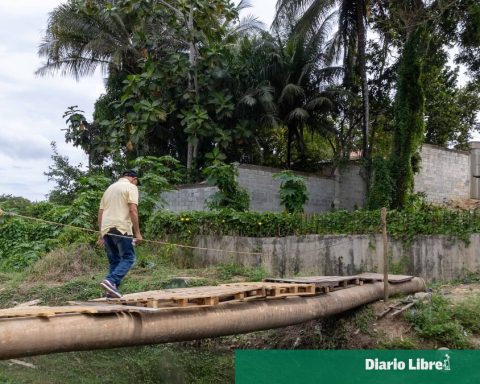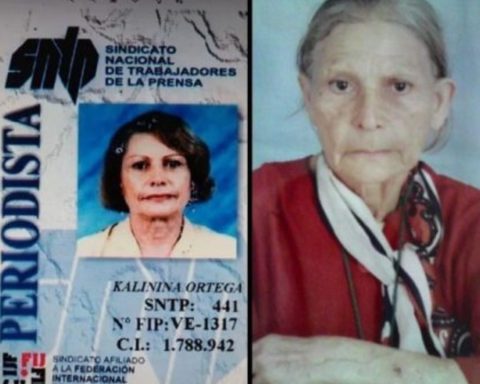This unbridled consumption has led us to a new turning point. We are facing one of the most complex challenges as humanity, but we are too lazy to face it: the environmental crisis.
Why don’t we face this crisis? Because we feel owners of the world and we believe that there is a long time to go before we suffer its absence. Because we live under the incessant need to produce more to earn more, and to earn more to consume more. This is the true origin of our environmental crisis and is the mirror of our internal crisis; the one that seeks to fill internal voids with external goods.
And just as we are surprised by the way they survived in the past, today we should be shocked by the way we live in the present. It really seems incredible to me that in every minute that passes, more than a million first-use plastic bottles are bought, which translate into pollution of the seas, which end up being food for species that are part of our daily diet (UN, Cambio Climate and Environment 2018).
It should also be unbelievable that at this minute 23 hectares of land are being lost to drought and desertification, which translates into the loss of 20 million tons of grain (UN, 202). This is very serious because 1 in 9 people does not have anything to eat (FAO, 2015; Iberdrola, 2021; National Geographic, 2020).
Climate change is the greatest threat to humanity. Its impacts are already damaging health through air pollution, disease, extreme weather events, forced displacement, food insecurity, and pressures on mental health. And all this, moreover, affects groups that are already vulnerable to a greater extent. As an example, according to recent data from the United Nations Environment Program, 80% of people displaced by climate change are women.
We are killing ourselves.
It should distress us to imagine how we are going to survive in the future, because if we continue in this direction, in just eight years we will be passing our death sentence; and, in just 18 years, we will reach the peak of the environmental crisis (ONU, 2020). Within 20 years, about 5,000 million people will live in cities with insufficient water (WMO, 2021). By 2040 we will have a planet 2 degrees Celsius warmer and with this, forest fires and catastrophic natural phenomena related to rain and water will automatically increase. (UN, 2021).
We are at a crucial moment in which companies, organizations, public institutions, and in general, all people must reflect and act in favor of the environment.
The Judicial Power of the Federation has assumed the institutional commitment to promote actions aimed at the efficient use of water (today 21% less water is consumed than 4 years ago), the saving and rational use of energy, and the responsible consumption of materials (15% less paper), as well as promoting proper waste management and recycling (we now have an ecological management of 228.7 tons of waste per year).
















